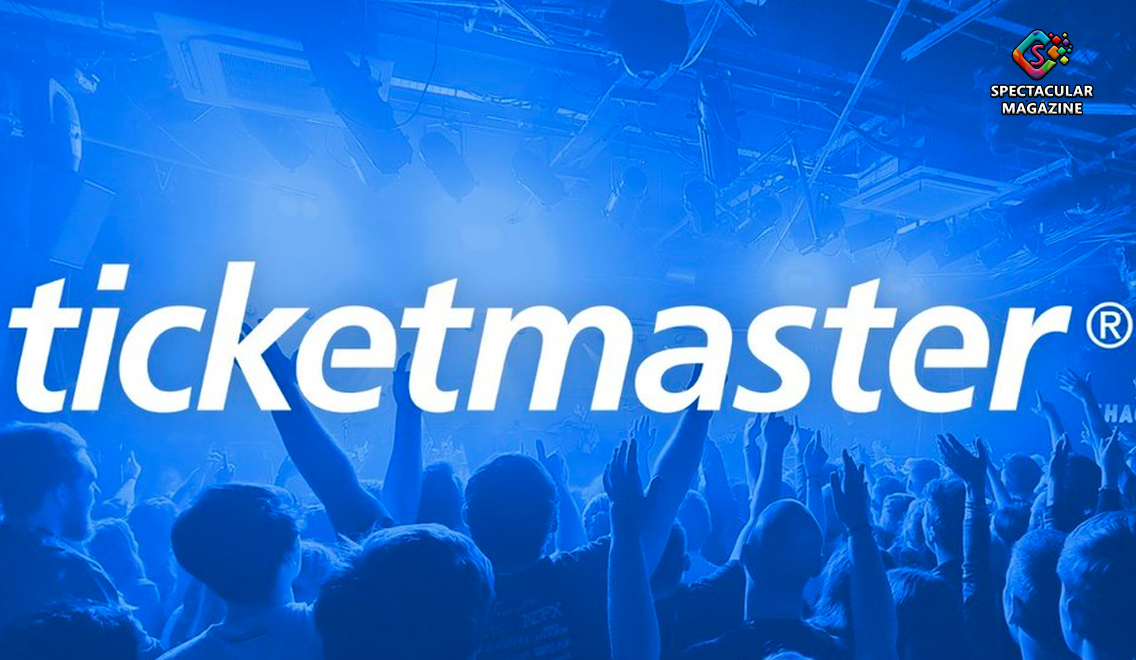Government Sues Ticketmaster, Asks Court To Break Up Company’s Monopoly On Live Events
WASHINGTON — The Justice Department sued Ticketmaster and its parent company Thursday (May 23), accusing them of running an illegal monopoly over live events in America and asking a court to break up the system that squelches competition and drives up prices for fans.
The sweeping antitrust lawsuit, filed in federal court in Manhattan, was brought by 30 state and district attorneys general, including NC Attorney Josh Stein. It seeks to dismantle the monopoly they say is squeezing out smaller promoters, hurting artists, and drowning ticket buyers in fees. Ticketmaster and its owner, Live Nation Entertainment, have a long history of clashes with major artists and their fans, including Taylor Swift and Bruce Springsteen.
“It’s time for fans and artists to stop paying the price for Live Nation’s monopoly,” Attorney General Merrick Garland said. “It is time to restore competition and innovation in the entertainment industry. It is time to break up Live Nation-Ticketmaster.”
The government accused Live Nation of tactics — including threats and retaliation — that Garland said have allowed the entertainment giant to “suffocate the competition” by controlling virtually every aspect of the industry, from concert promotion to ticketing. The impact is seen in an “endless list of fees on fans,” the attorney general said.
“Live music should not be available only to those who can afford to pay the Ticketmaster tax,” said Assistant Attorney General Jonathan Kanter of the Justice Department’s Antitrust Division.
Live Nation, which has long denied that it is violating antitrust laws, said the lawsuit “won’t solve the issues fans care about relating to ticket prices, service fees, and access to in-demand shows.”
“Calling Ticketmaster a monopoly may be a PR win for the DOJ in the short term, but it will lose in court because it ignores the basic economics of live entertainment,” Live Nation added. It said most service fees go to venues and that outside competition has ”steadily eroded” Ticketmaster’s market share. The company said it would defend itself against the “baseless allegations.”
The Justice Department said Live Nation’s anti-competitive practices include using long-term contracts to keep venues from choosing rivals, blocking venues from using multiple ticket sellers, and threatening venues that they could lose money if they don’t choose Ticketmaster.
The Justice Department alleged that in 2021, the concert giant threatened to financially retaliate against a firm if one of its portfolio companies didn’t stop competing with Live Nation for artist promotion contracts. Live Nation has also scooped up smaller promoters it viewed as threats, officials said.
Ticketmaster, which merged with Live Nation in 2010, is the world’s largest ticket seller for live music, sports, theater, and more. In its annual report last month, the company said Ticketmaster distributed more than 620 million tickets through its systems in 2023.
According to data in a federal lawsuit filed by consumers in 2022, around 70% of tickets for major concert venues in the U.S. are sold through Ticketmaster. According to the Justice Department, the company owns or controls more than 265 of North America’s concert venues and dozens of top amphitheaters.
According to the company’s annual financial reports, Live Nation’s footprint has grown substantially over the past ten years. Between the end of 2014 and the end of 2023, Live Nation reported a worldwide increase of more than 136% in terms of venues the company “owned, leased, operated, had exclusive booking rights for or had an equity interest over which we had a significant influence.”
The ticket seller sparked outrage in November 2022 when its site crashed during a presale event for a Taylor Swift stadium tour. The company said the site was overwhelmed by fans and attacks from bots posing as consumers to scoop up tickets and sell them on secondary sites. The debacle prompted congressional hearings and bills in state legislatures aimed at better-protecting consumers.
The Justice Department allowed Live Nation and Ticketmaster to merge as long as Live Nation agreed not to retaliate against concert venues for using other ticket companies for 10 years. In 2019, the department investigated and found that Live Nation had repeatedly violated that agreement. The government then extended the prohibition on retaliating against concert venues to 2025.
Ticketmaster’s clashes with artists and fans date back three decades. Pearl Jam took aim at the company in 1994, years before the Live Nation merger, although the Justice Department ultimately declined to bring a case. More recently, Bruce Springsteen fans were enraged over high ticket costs because of the platform’s dynamic pricing system.
Live Nation has maintained that artists and teams set prices and decide how tickets are sold. The company’s executive vice president of corporate and regulatory affairs, Dan Wall, said in a statement Thursday that factors such as increasing production costs, artist popularity, and online ticket scalping are “actually responsible for higher ticket prices.”
The Justice Department lawsuit filed Thursday is the latest example of the Biden administration’s aggressive antitrust enforcement. The effort has targeted companies accused of engaging in illegal monopolies that box out competitors and drive up prices. In March, the Justice Department filed a lawsuit against Apple, alleging that the tech giant has monopoly power in the smartphone market. The Democratic administration has also taken on Google, Amazon, and other tech giants.
This article first appeared in AP News.


